Description
Make bus rides smoother, safer, and more inclusive with our Riding the Bus Conversation Starter Cards. Designed especially for non-verbal students, deaf and hard-of-hearing learners, and children learning American Sign Language (ASL), these communication cards provide simple, effective bus communication sentences and key phrases needed during daily routines.
Bus Communication Basic Sentences
- 60 Sign Language Cards
- 30 Cards English & ASL
- 30 Cards Spanish & ASL
Perfect For:
- Special Education Teachers & Resource Rooms
- Speech-Language Pathologists (SLP)
- ASL Interpreters & Deaf Educators
- Bus Drivers & Transportation Staff
- PreK–2 Teachers, ELL Support, and Inclusion Classrooms
With easy-to-use conversational cards for questions and answers, students gain the language tools to express themselves, ask for help, and understand directions—all while building confidence during bus transitions. Teachers, aides, and bus drivers can use these printable and visual supports as conversation cards for non-verbal students or as ASL support cards for Deaf children.
Whether you’re working in special education, mainstream classrooms with diverse learners, or bilingual English/Spanish/ASL programs, these bus communication cards help bridge the gap between spoken language, sign language, and real-life routines.
Conversational Phrases
- It’s time for the bus.
- Get your backpack.
- Get your coat.
- My name is ___.
- What is your name?
- How are you?
- I am fine.
- I am happy.
- What did you say?
- Can you repeat that, please?
- Move, please.
- Get down.
- I need help.
- Do you need help?
- It’s for your safety.
- Buckle up.
- Please, wait.
- Have a seat.
- Stop, please.
- Thank you.
- You’re next.
- Your house.
- It’s too loud.
- What do you want to do?
- What do you want to eat?
- Which one?
- I am finished.
- I am not finished.
- Good job.
- Yes. No.
Why Do Teachers and Parents Love These Cards❓
✅ Practical daily-use phrases – “Get your backpack,” “Please wait,” “It’s for your safety,” and more.
✅ Built-in ASL signs – Boosts communication access for deaf and hard-of-hearing students.
✅ Dual language option – English and Spanish available for multilingual families.
✅ Visual support for non-verbal communication – Empowers students to point, sign, or show the card to express needs.
✅ Promotes independence – Students learn essential conversational exchanges for everyday transitions.
Ways to Use:
- Practice bus safety and daily transitions with conversation cards and sentence models.
- Role-playing frequent inquiries and responses on the bus can help you learn how to use expressive language.
- Help with IEP goals for social skills, communication, and self-advocacy.
- For students who need structure and repetition, make routines clear by showing them.
- Make cards for lanyards, pictures, social anecdotes, or station routines.
Common Questions About Bus Conversation Starter Cards
Q: What are bus conversation starter cards?
A: They are visual, ASL-supported communication cards that help students express everyday bus-related needs, questions, and responses.
Q: Who can use bus communication cards?
A: They are ideal for non-verbal students, deaf or hard-of-hearing learners, English Language Learners, and young children learning routines.
Q: How do bus communication sentences help autistic students?
A: They support structured routines, reduce anxiety, and provide clear visuals for self-expression. Students can point to or hand over a card to communicate without needing speech. With English/Spanish wording plus ASL visuals, they support multimodal language learning.
Q: How do I teach conversational card questions and answers?
A: Model the questions (“What is your name?”) and answers (“My name is ___”) during class role-play or daily bus routines.
Q: Can I use these cards for general classroom communication, not just the bus? Home?
A: Yes! They are bus-specific, making them unique for special education and transportation settings. However, many cards like “I need help” and “Please wait” apply across school and home settings. Educators can use these in games like memory match, role-play skits, and “Find the card” as fun activity extensions. Parents can rehearse daily routines like “Get your coat,” “Wait,” or “Good job!” to extend school-home consistency.
Q: How do I use communication cards during transitions?
A: Display cards on a bus door, hang on a lanyard, or let students carry a small ring set for quick reference.
Riding the Bus Visual Communication Cards
These are a must-have tool for teachers, aides, bus drivers, and parents who need practical, visual, and language-accessible communication supports. With built-in ASL, bilingual text, and real-life routines, these bus communication cards help reduce stress, promote safety, and build connection—one bus ride at a time.
Make every bus ride an opportunity for independence, safety, and communication. Your students will love choosing their card to show, sign, or say what they need—every single day! Grab yours today!
Common Core ELA Standards Alignment
- Speaking and Listening (SL)
- CCSS.SL.K.1 / 1.1 / 2.1
- CCSS.SL.K.6 / 1.6
- Language (L)
- CCSS.L.K.6 / 1.6 / 2.6
- Reading Fundational Skills (RF)
- CCSS.RF.K.1 / 1.1
👉 Additional Resources 👈🏼
Collect More Classroom Decor here!
ASL in the Classroom Blogs here.
Sign Language Books on Amazon here.
Subscribe to our YouTube channel.
Sign Language in the Classroom: Quick Guide here.
Love this product? Explore Memberships!

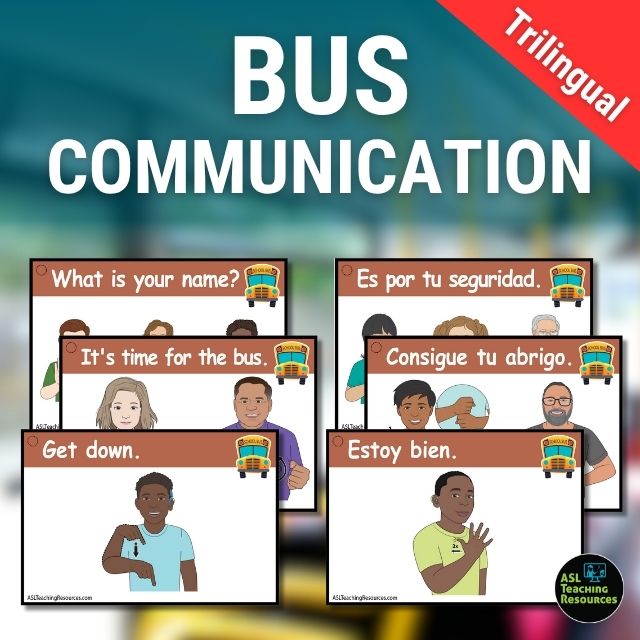
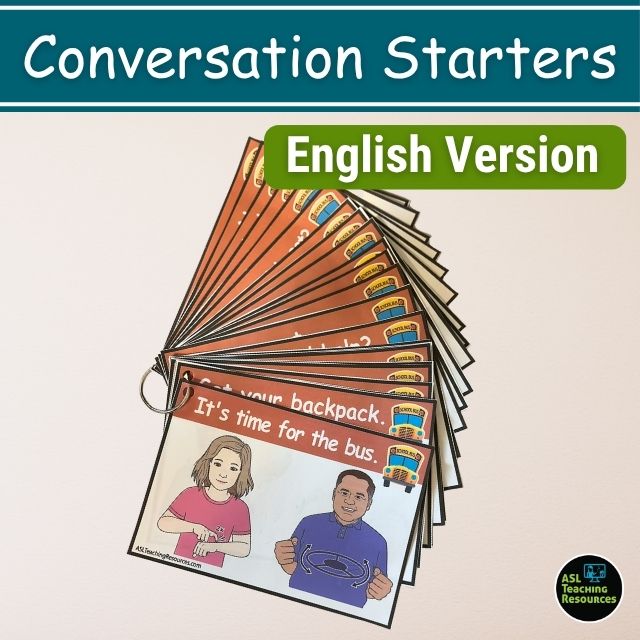
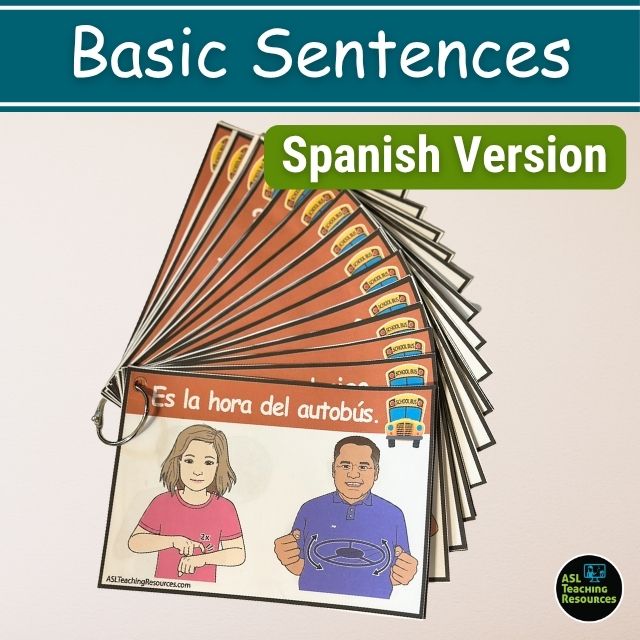
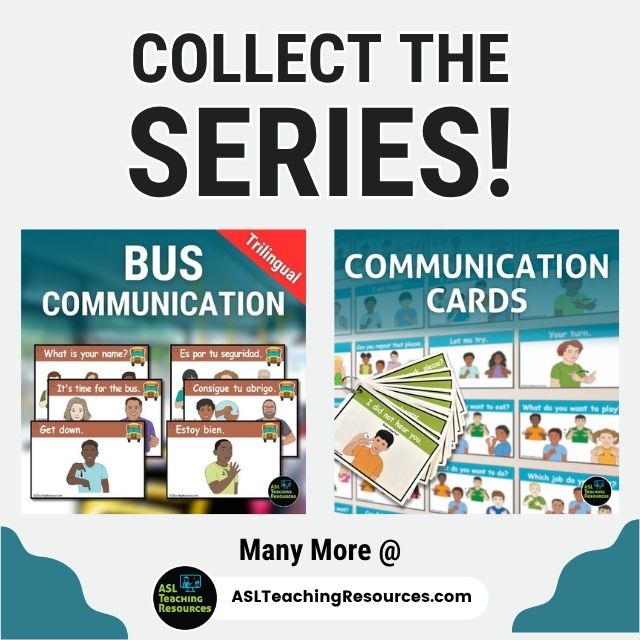
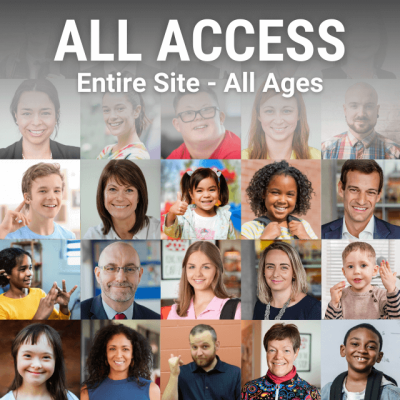
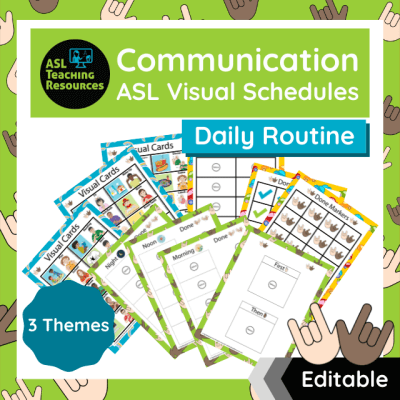
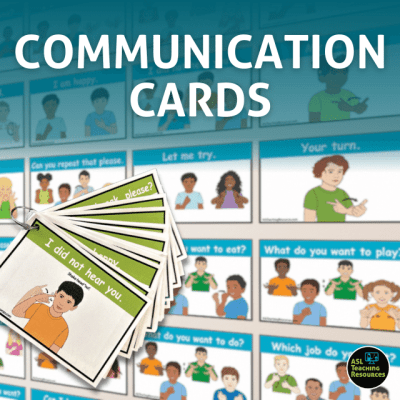

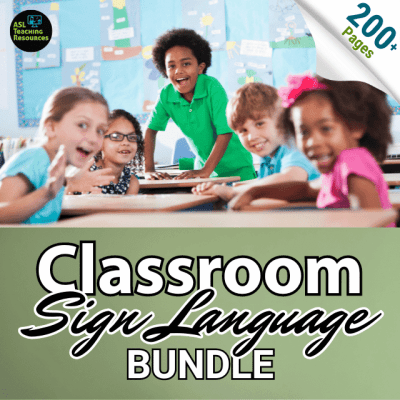
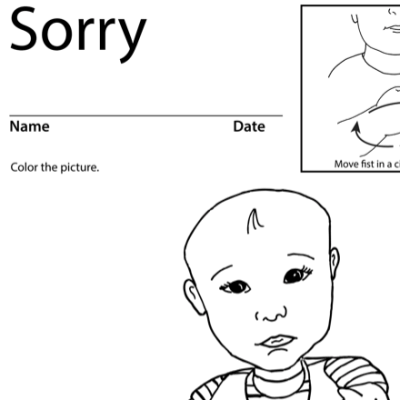
Reviews
There are no reviews yet.